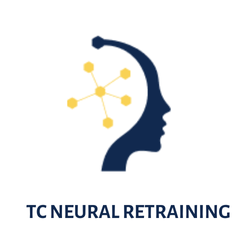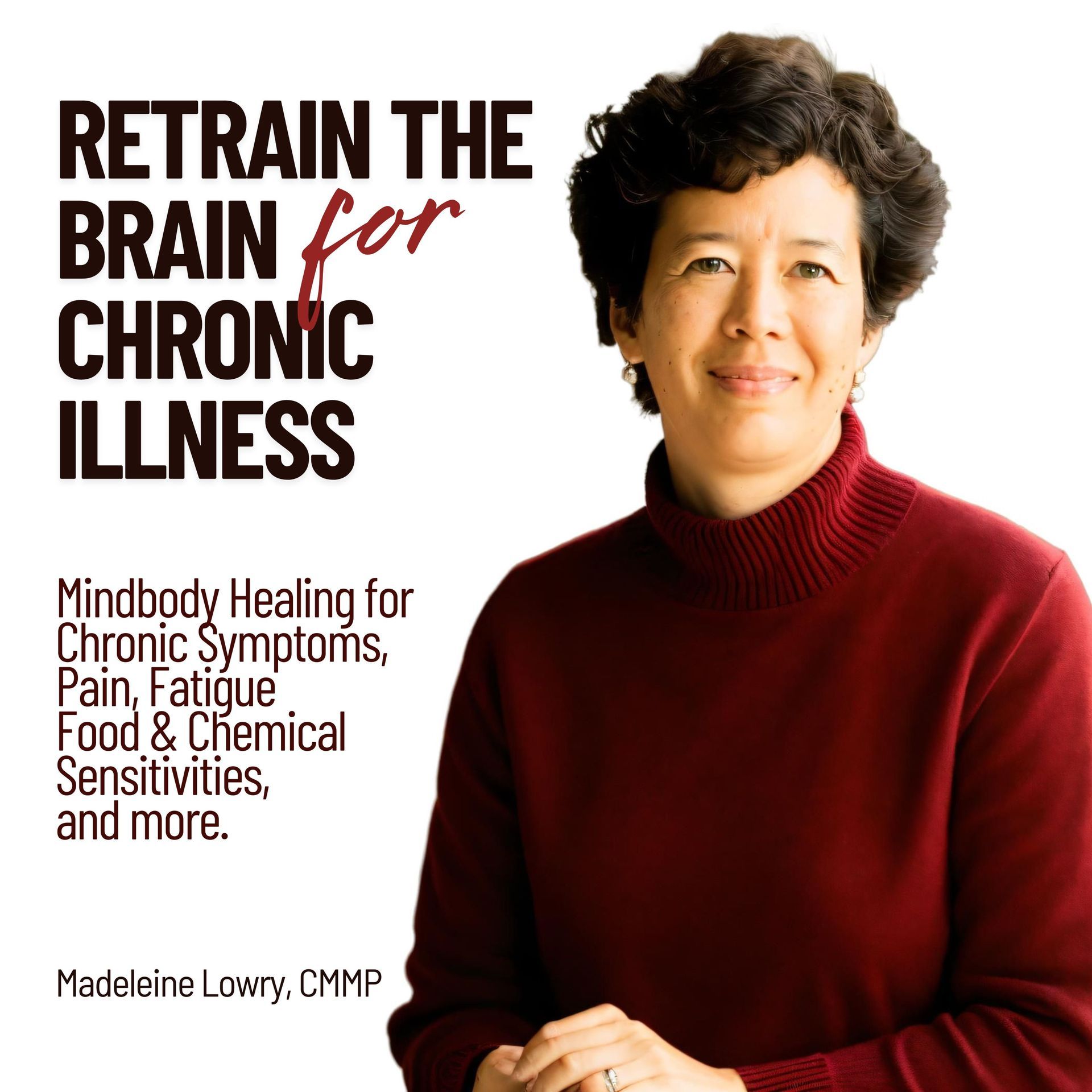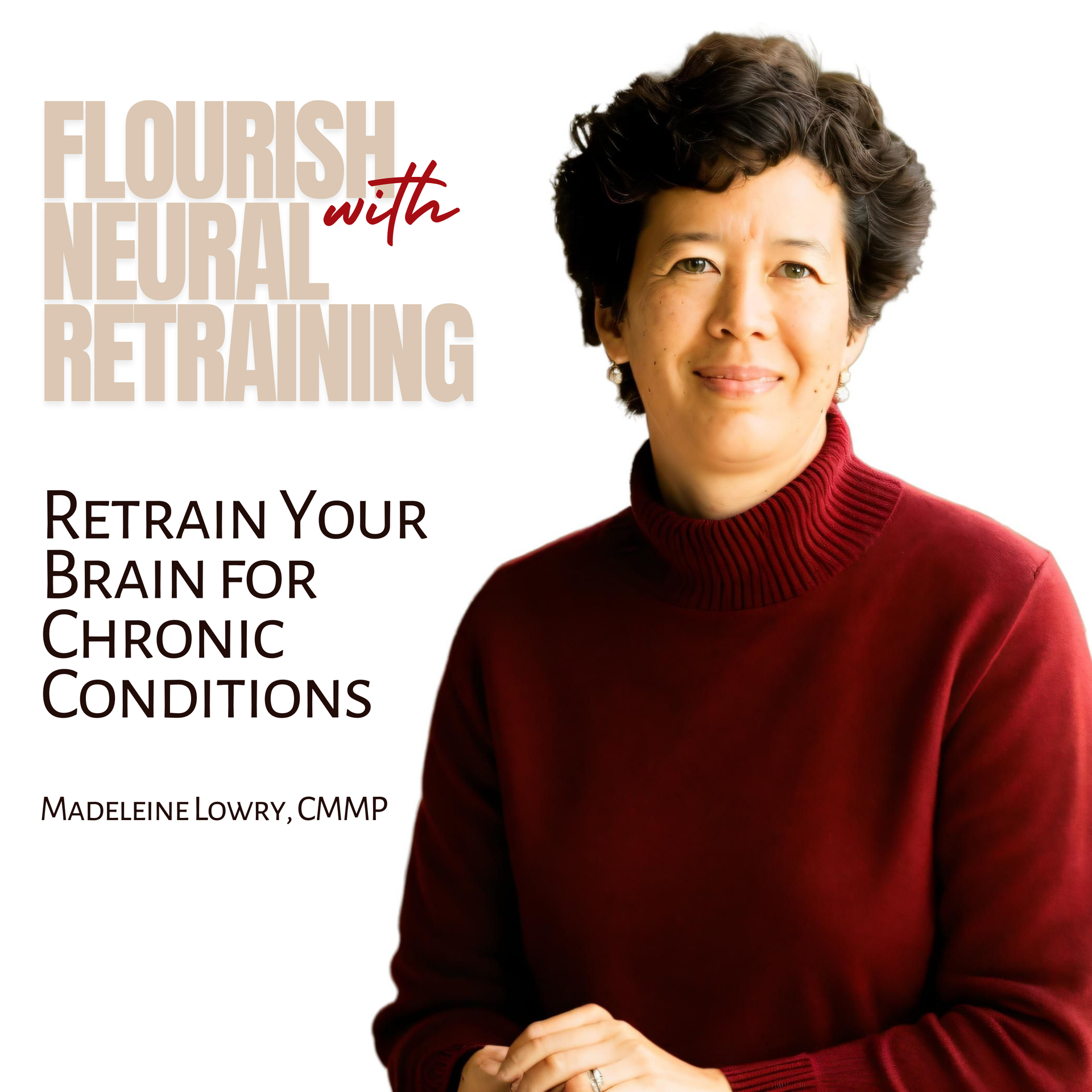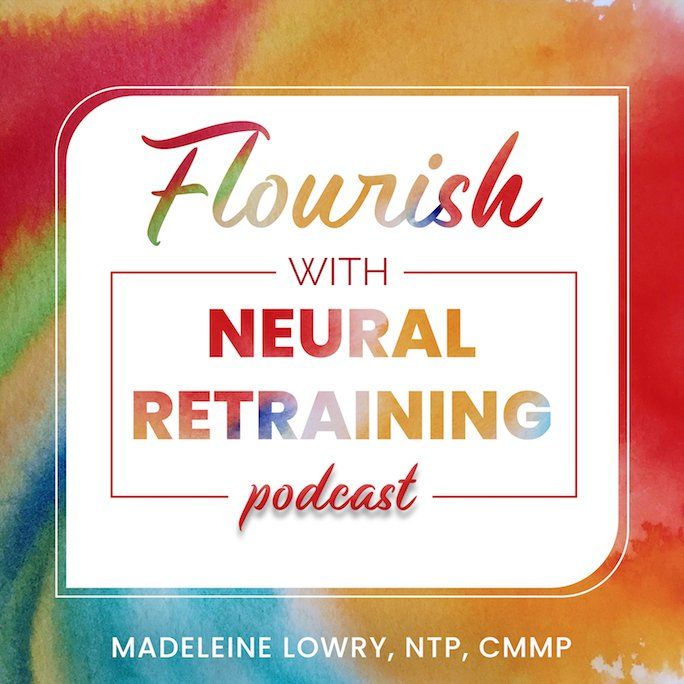How Can We Retrain the Brain for Sensitivities?
Learn how we use neural retraining to re-establish tolerance to food, chemicals, or environmental irritants.
Video Transcript
Hi, Madeleine Lowry, certified MAP Method practitioner, I wanted to talk about how neural retraining or an advanced method of neural retraining, like the MAP Method, can address sensitivities. The first concept that I want to introduce is that your sensitivity response is a conditioned brain response.
Remember that the subconscious mind is 90 to 95% of all brain activity, runs all the systems of the body, and always has. The subconscious mind can create pain, it can create any symptom, because it runs all the systems of the body!
You may have observed that at one time you could be exposed to this very same stimulus, whether it's a food, a chemical, or something in the environment like pollen, like dust, like pet dander, or mold, and not have a response. It was not an issue for you, but then at some point in time that changed.
The subconscious mind is a pattern mind, it's a habit mind. It recognizes and reacts to patterns and it can learn a new response to an old stimulus we didn't want it to, but it just did. And so that creates the sensitivity. But, whatever can be learned can be unlearned, right? And so that is where neural retraining comes in.
I want you to recognize that the immune system, as one of the functions of the body, is also directed by the brain. And when we have a brain that is locked into a hyper-active or hyper-reactive state, a brain that is identifying a lot of things that are relatively benign as being threats, and is directing the immune system to attack, over and over again, things that are in our environment or in our life on a daily basis, this can and does cause collateral damage. Damage to the intestine lining or other things, but it also results in a dysregulated immune system. So often we see that people who have multiple sensitivities and allergies also have chronic infections, whether they are viral, bacterial, fungal, or otherwise.
The immune system is being is is being trotted out, it's being sent to battle daily, hourly maybe, against threats that are not true threats, and so it's using up all its resources and it just doesn't have the resources to mount a proper attack on the things that truly need to be dealt with. And so, what I want you to understand is that as this process goes on for years, and decades, this can lead to more severe manifestations of a dysregulated immune system, like autoimmune disease.
Now, who are the people that are predisposed, shall we say, to this kind of hyper-reactivity? This kind of predisposition to developing multiple sensitivities? It's the people who have significant lifetime trauma histories. 'Trauma' here just meaning 'painful emotional experiences.'
And for the sensitive person those traumas don't even have to be that significant, really, because it's all about what the brain does with the experiences of your life. It's not necessarily how those events would rate on some objective rating of trauma, on a trauma scale.
So the brain, through experiences, especially when we're young, can become convinced or can become programmed into a very high state of alert. Those early experiences, or really trauma throughout life, but it is especially the early experiences, can change the way your nervous system works, it can change the way your brain works, and it can put that danger-sensing part of the brain into high alert.
Right now your brain is scanning everything and it's responding to seemingly benign things, which it has now recognized as a threat incorrectly, and so by working with these root causes-- the original trauma memories-- with neural retraining we can start to unwind the whole sensitivity cycle, the whole sensitivity response. I hope this explanation has been helpful.
Learn more
- Listen to a podcast episode about using the MAP Method for Sensitivities.
- Learn more about the online, self-paced MAP for Sensitivities Program and try a free preview.
- Read our client testimonials and success stories.
- Read about how we retrain the brain for multiple sensitivities.


Madeleine Lowry, NTP, CMMP
Certfied MAP Method Practitioner
Madeleine specializes in neural retraining for chronic conditions. As a Nutritional Therapy Practitioner, she worked with many clients who were interested in eliminating allergies, sensitivities and intolerances. After learning a basic method and seeing its limitations, she trained in an advanced method of retraining the brain and now offers MAP sessions over Zoom and online self-paced programs for Anxiety/Depression, Sensitivities, Chronic Pain, Self-Healing, and COVID Long.
Related Posts





